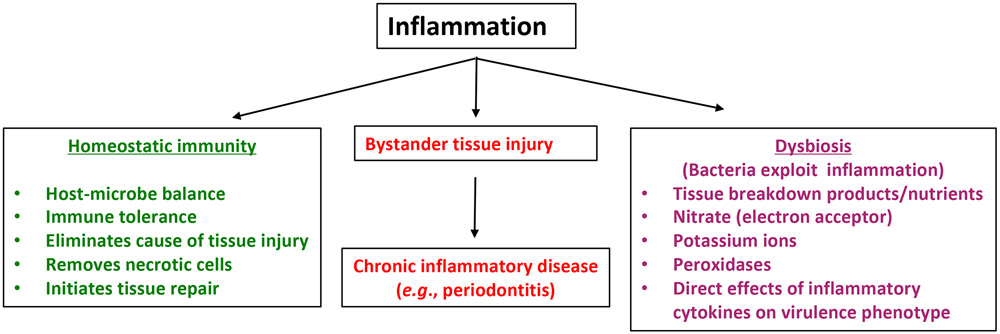Figure 4: Significance of inflammation in host-microbe interactions.
Ideally, inflammation is an integrated component of a homeostatic process aiming to maintain host-microbe balance and immune tolerance to innocuous antigens and, if necessary, to isolate and destroy causes of tissue injury (e.g., microbial pathogens), remove necrotic cells and cellular debris, and repair tissue damage, thereby restoring normal function. However, excessive inflammation can cause bystander tissue damage and, if not resolved, may become chronic and cause an inflammatory disease, such as periodontitis. Inflammation is also exploited by inflammophilic pathobionts to promote their metabolism, virulence, and adaptive fitness (see text for details on individual molecules exploited by pathobionts).

